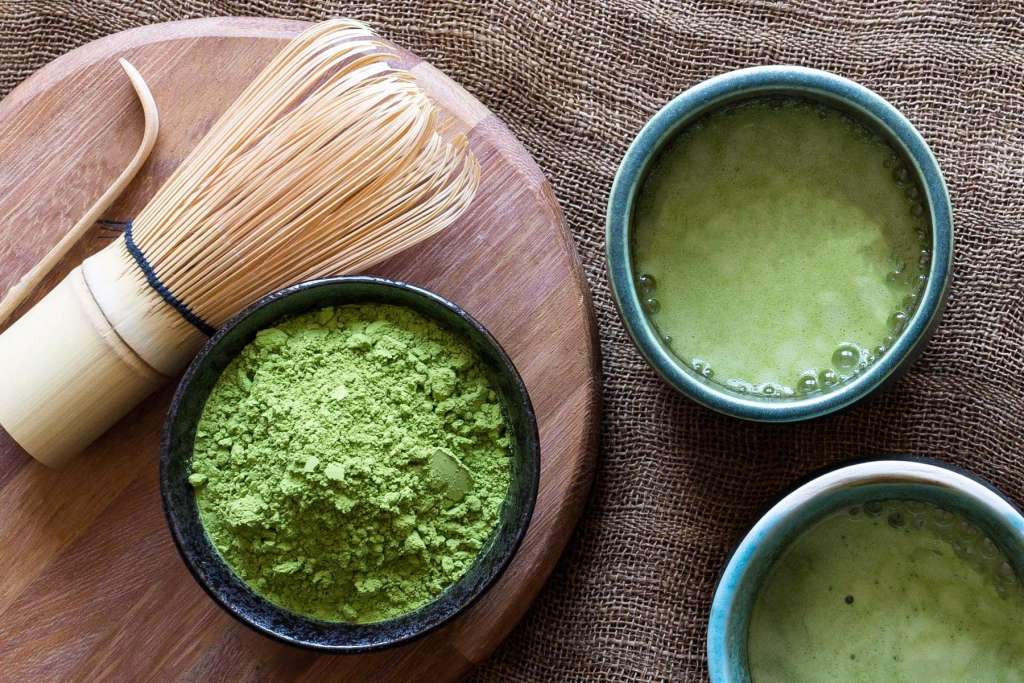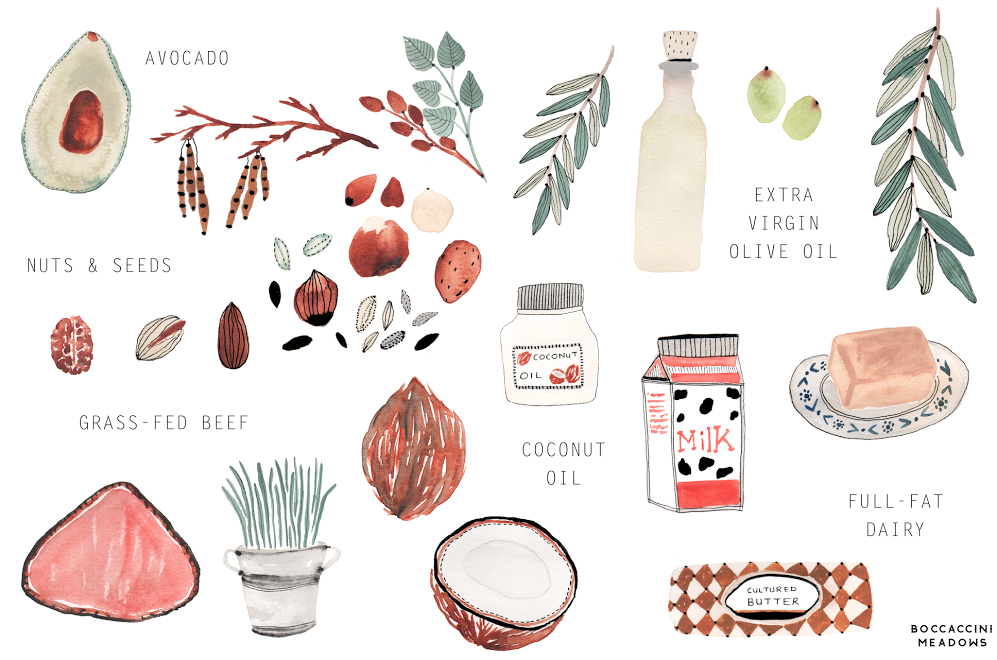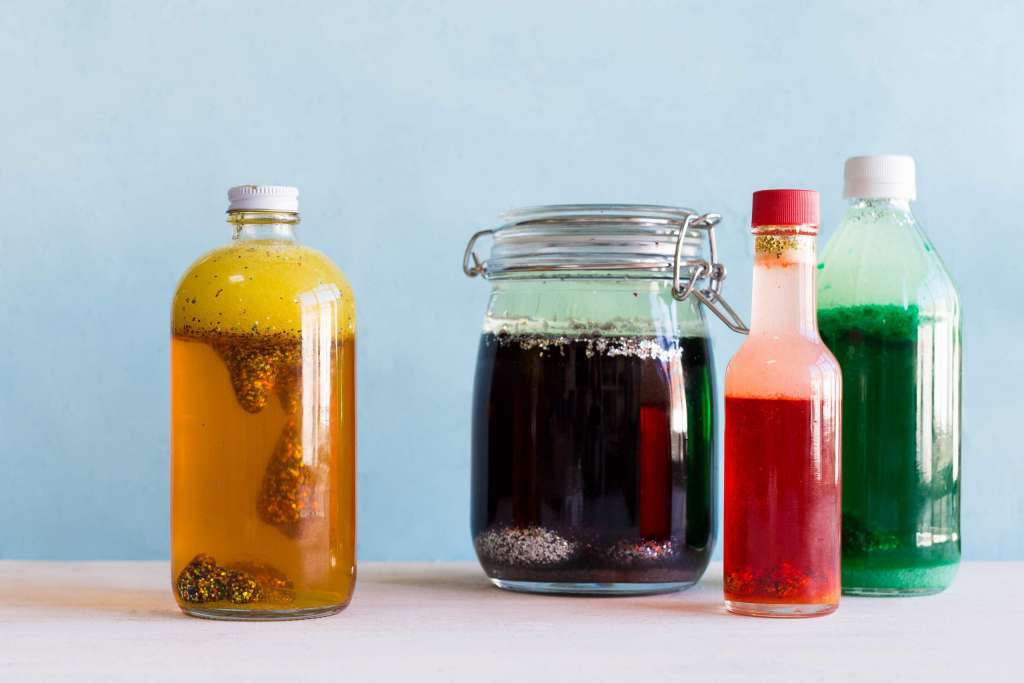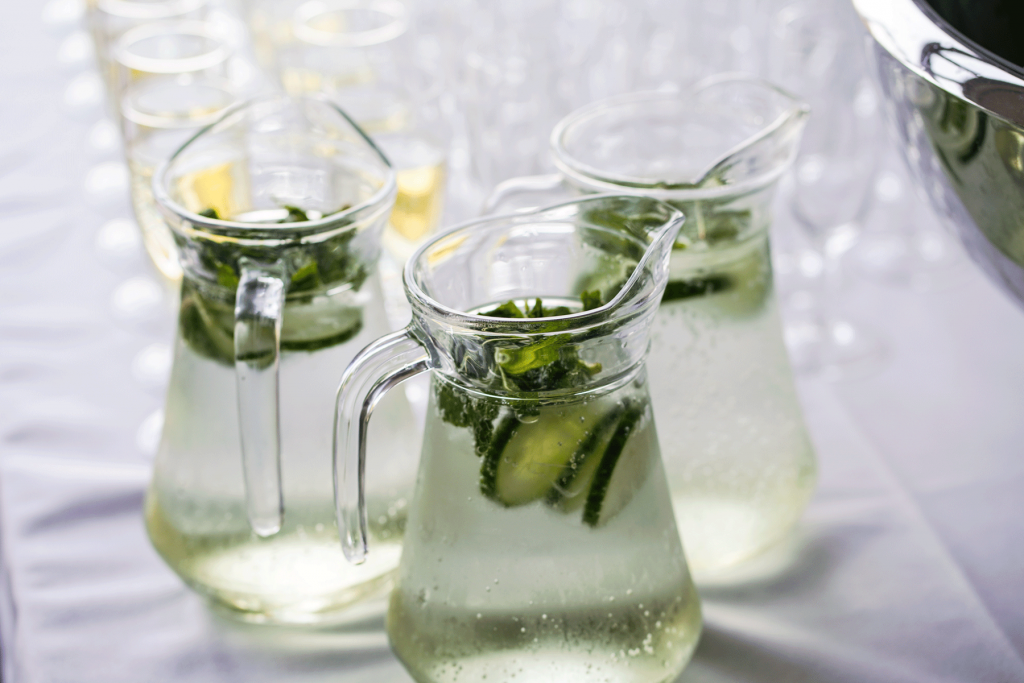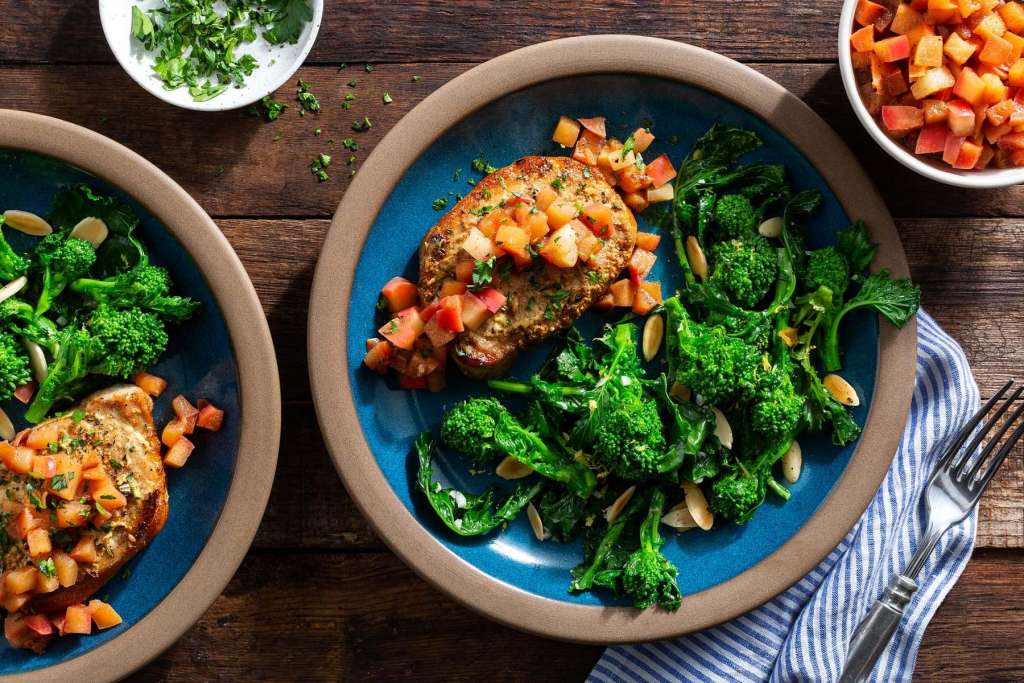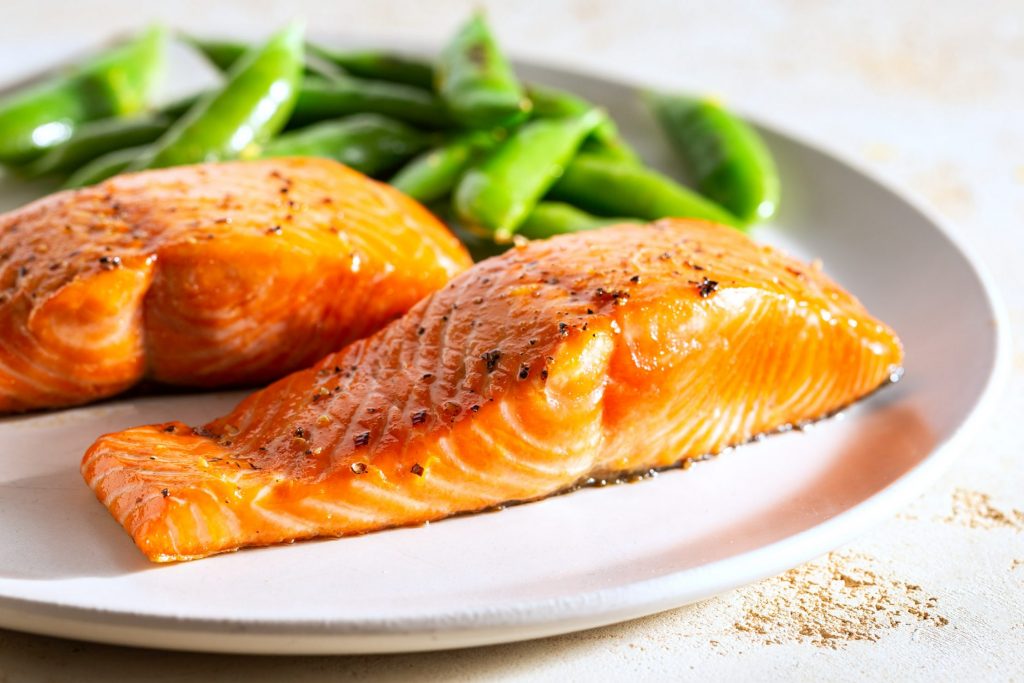10 All-Natural Essentials for Your First Aid Kit
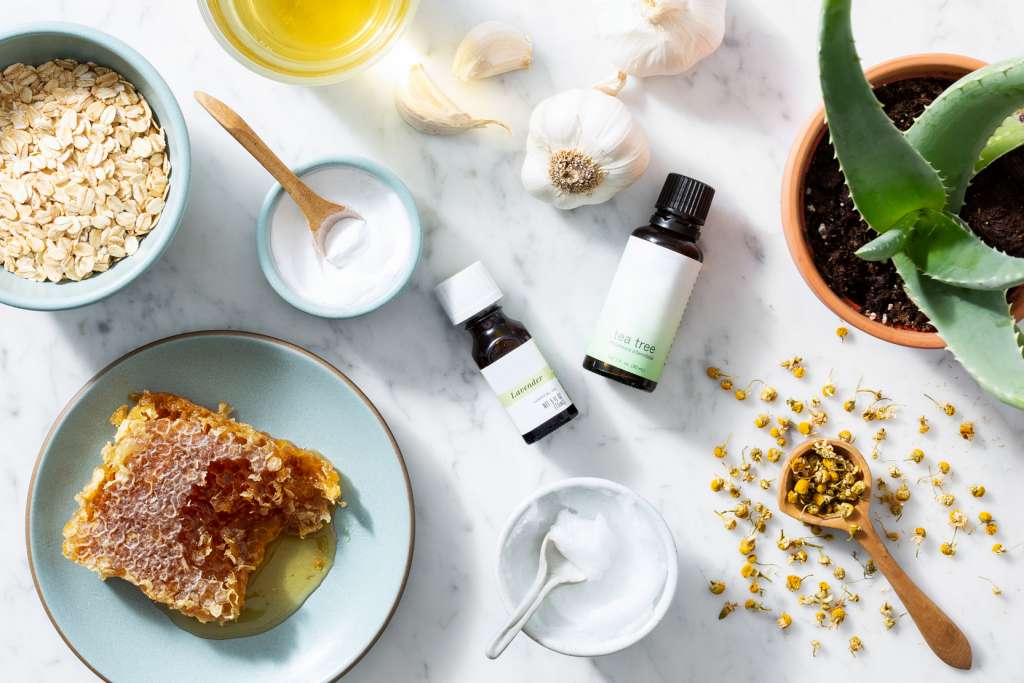
Sunburns, beestings, bugbites, and sleepless nights—when summer is so much fun it hurts, find relief in your kitchen cupboard.
Tummy Troubles?
Aloe Vera
We know the wonders aloe can work on inflamed, burned, or otherwise irritated skin, but did you know it can soothe from the inside out as well? Aloe, in pure juice or specialty beverage form, can help calm an upset stomach. Aloe should be consumed in small amounts and at the discretion of your health care provider.
Beesting?
Baking Soda
This pantry staple can neutralize bee venom to calm down the aftermath of a beesting. Just combine baking soda with water to make a thick paste and slather on your beesting. Don’t worry about going overboard, you can reapply every 15 minutes if needed.
Itchy Eyes?
Chamomile Tea Bags
According to Chinese medicine, the cooling effects of chamomile help to counteract the inflammatory heat brought on by hay fever and other summer allergies. Pop a few damp tea bags (used or unused) in the freezer for an easy, effective cooldown for red, watery eyes.
Scraped Up?
Coconut Oil
Because of coconut oil’s antimicrobial properties, it can be a fantastic healer for all those little weekend-adventure scrapes. After cleansing a wound with warm, soapy water, apply coconut oil and then a bandage to help fight infection and keep the area moisturized for fast-tracked healing.
Too Darn Hot?
Frozen Water Bottle
It’s hard enough to get a good night’s sleep, and when the temperatures are pushing triple digits, it can be almost impossible to fall asleep or even just relax and get comfortable. If AC isn’t available, a frozen water bottle might just do the trick. Simple to prepare (as long as you plan ahead), that ice-cold bottle feels great behind your neck. Use it to cool down your forehead, or take with you to bed.
Bugbites?
Garlic
Also effective at warding off vampires, garlic acts as a mild, natural mosquito repellent. Raw garlic is the most effective but send the bugs someplace else for dinner.
Can’t Sleep?
Lavender Essential Oil
Is all this glorious daylight throwing your circadian rhythm out of whack? Trying to fall asleep when the sun has hardly set can be challenging. Reach for a bottle of lavender essential oil for a quick sniff of this sleep-inducing scent. Pro tip: put a few drops of oil on your pillow to keep the sweet dreams coming all night long.
Allergies?
Local Honey
Sweet tip: eating local honey helps your body acclimate to local allergens, which can help curb seasonal allergy symptoms like coughing, sneezing, and itchy eyes. All of the bees in your town have been exposed to the same pollen that’s making you sneeze, so think of local honey as nature’s version of immunotherapy.
Scorched Skin?
Oatmeal
Between the sunburns, aggressive AC, and chlorine, your skin takes a beating in the summer months. Soothe your stressed-out skin with an oatmeal bath. Grind oats with a blender or food processor, and then add them to the tub. The oats melt into warm water for a soothing and luxurious spa-like experience that will help calm inflammation and irritation.
Sunburn?
Potato
Hear us out on this one. The starch-based compounds in a cut raw potato can help soothe a sunburn. Next time you’re in need of something (anything!) to help calm your fiery skin, rub an uncooked spud on your burn.
Poison Ivy or Oak?
Tea-tree Oil
The first thing to do when you’ve been exposed to any of the rash-inducing plants is to wash. Use a soap, like Tecnu or even Dawn dishwashing liquid, that can cut through the urushiol (that’s the substance in the leaves that makes you itch). The most important thing to do is to wash the exposed areas well with a washcloth. If you still end up with a rash, rub the exposed area with tea-tree oil to help reduce redness and swelling.
